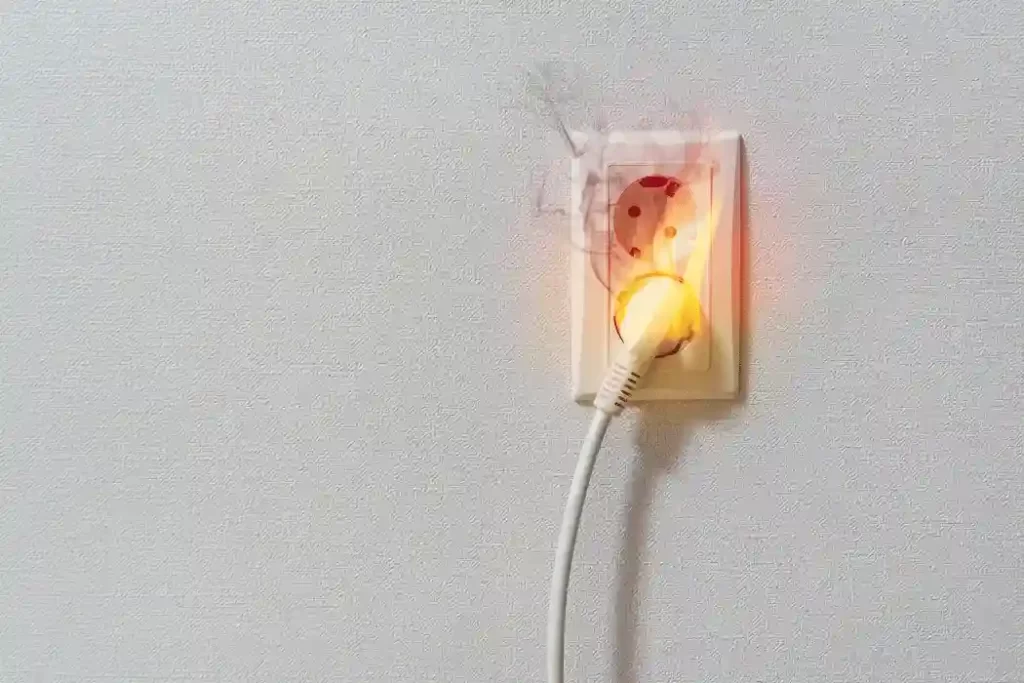Electricity is a fundamental aspect of modern life, and most of us take it for granted until something goes wrong. Electrical problems can be frustrating, dangerous, and costly to fix, especially if you don’t know what you’re doing. In this article, we’ll take a look at five common electrical problems and how to avoid them.
Overloaded circuits
One of the most common electrical problems is overloaded circuits. An overloaded circuit occurs when you try to plug in too many appliances or devices into a single outlet or circuit. This can cause the circuit to trip, which cuts off power to that area of your home.
To avoid overloaded circuits, you should distribute your electrical usage evenly across all of your outlets and circuits. Be mindful of how many appliances and devices you’re using at once, and try to spread them out across different outlets. If you find that you’re frequently tripping circuits, consider having an electrician install additional outlets or circuits to accommodate your needs. An electrician proficient in home renovations will assess your electrical needs, recommend energy-efficient solutions, and ensure proper electrical grounding and wiring.

Faulty wiring
Faulty wiring is another common electrical problem that can be dangerous and costly to fix. Faulty wiring can cause electrical shocks, fires, and other hazards. Signs of faulty wiring include flickering lights, burning smells, and sparks or smoke coming from outlets.
To avoid faulty wiring, you should have your electrical system inspected regularly by a licensed electrician. If you live in an older home, it’s especially important to have your wiring checked, as older homes may have outdated or deteriorating wiring that can pose a hazard.
Power surges
Power surges occur when there is a sudden, brief spike in electrical voltage. This can be caused by lightning strikes, power outages, and other factors. Power surges can damage appliances and electronics, and in some cases, even cause fires.
To avoid power surges, you should use surge protectors on all of your electronics and appliances. Surge protectors can help to absorb excess voltage and protect your devices from damage. It’s also a good idea to unplug your devices during lightning storms or other weather events that can cause power surges.
Outdated outlets
Outdated outlets can be another electrical hazard. Old outlets may not be able to handle modern electrical demands and may pose a risk of electrical shocks or fires. Signs of outdated outlets include cracks or other damage to the outlet cover, loose-fitting plugs, and flickering lights.
To avoid outdated outlets, you should have your electrical system inspected by a licensed electrician. If you have outdated outlets, consider having them replaced with modern, grounded outlets that can handle modern electrical demands. It’s also a good idea to avoid using outlet extenders or adapters, as these can overload circuits and create electrical hazards.
DIY electrical work
Finally, one of the most common electrical problems is DIY electrical work. Many people attempt to fix electrical problems on their own, without the help of a licensed electrician. This can be dangerous and can cause more problems than it solves. Electrical work should always be left to a licensed electrician, who has the training and expertise to do the job safely and effectively.
To avoid DIY electrical work, you should always hire a licensed electrician to do any electrical work in your home. This includes everything from installing new outlets or circuits to replacing light fixtures or ceiling fans. Attempting to do electrical work on your own can put you at risk of electrical shocks, fires, and other hazards.
Conclusion
electrical problems can be frustrating, dangerous, and costly to fix. By being mindful of how you use electricity and having your electrical system inspected regularly by a licensed electrician, you can avoid many common electrical problems. If you do experience an electrical problem, it’s important to seek professional help immediately to ensure your safety and the safety of your home.

